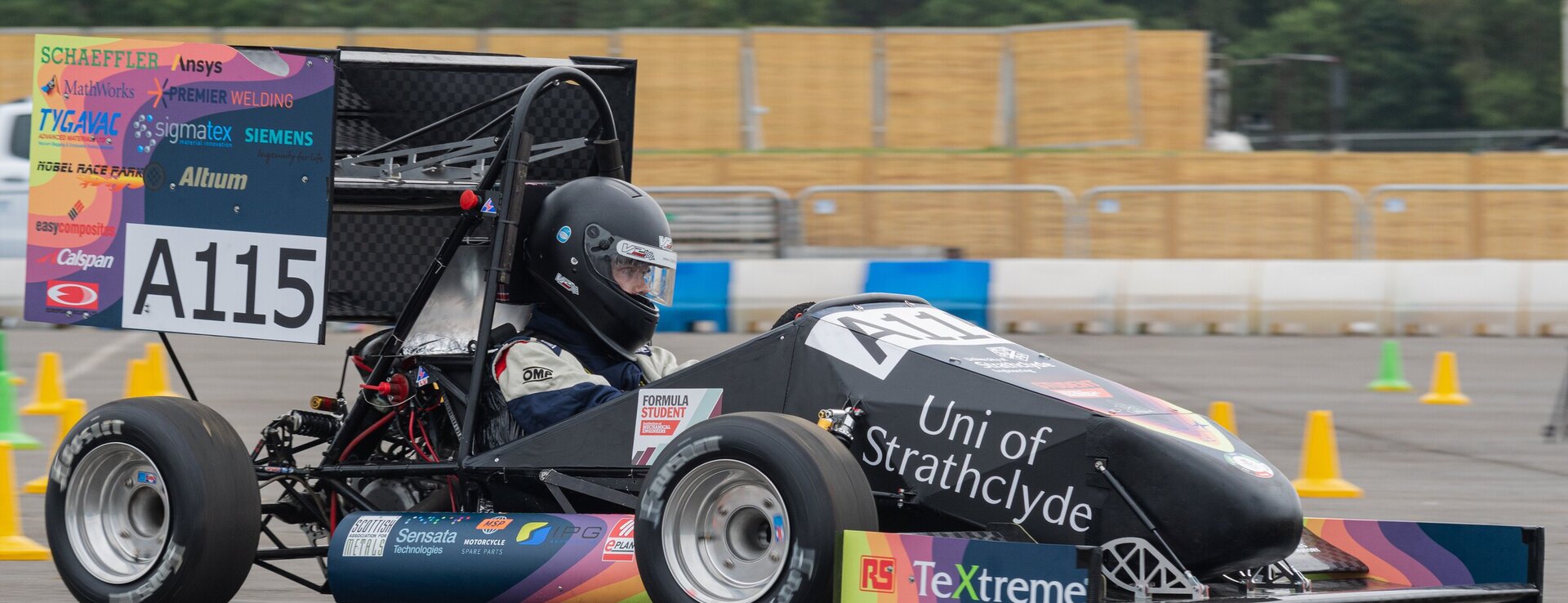On the bright spring morning after the clocks went forward, SPAL Automotive UK MD Matthew Morris headed out to Lower Smite Farm, Worcestershire Wildlife Trust’s (WWT) HQ, to find out how the organisation is helping to create safe spaces for breeding birds.
Supporting the replacement of nesting boxes
WWT is SPAL UK’s designated charity and through membership and a recent donation, SPAL UK is supporting a project to replace nesting boxes at the farm and across the Trust’s other nature reserves where nest box damage has been caused by the weather, the destructive efforts of woodpeckers and squirrels or simply the passage of time.
Matthew Morris was particularly keen to get behind the project, which aims to encourage birds to return year after year to raise their chicks, because of his love of the outdoors and wanting to do his bit for the environment, having lived and worked in the area for many years.
He was very impressed with a brief tour of the rather magical site and enjoyed a lesson in the art of nest box placement.
Nest box placement - a strategy
Senior Fundraising Officer at WWT Becky Bradshaw-King explained that smaller nest boxes are put up to give familiar garden visitors such as blue tits and great tits an alternative home if they can’t find natural boltholes in mature trees, either living or decaying, around the site. With the funding from SPAL, the Trust will also be putting up a variety of boxes across its woodland nature reserves; larger boxes to attract starlings and woodpeckers, open fronted boxes for robins and wrens and triangular, bottom-opening boxes to suit treecreepers.
The placement of the nest boxes is strategic as birds are territorial; boxes shouldn’t be too close together as this will create competition for space and food. Boxes should also be in a sheltered position, facing north-east to south-east, to avoid prevailing wet winds and the heat of the midday sun.
To cater for the variety of species, the smaller next boxes have different sized apertures to appeal to different occupants, whether blue tit, great tit or pied flycatcher.
For treecreepers, the nest box needs to be designed to mimic a piece of loose tree bark, which is its preferred home from home.
A tip for home conservationists is that any nest box should look suitably drab so that it doesn’t attract unwanted attention from predators; in other words, blending in is best.
Let's protect and restore what we can
As the nesting season gets underway, Tonia Collett, Funding Officer at WWT said: “It’s a good time to get involved with nature. The halo effect of David Attenborough’s Wild Isles, which has the same epic scope as his other documentaries, has boosted membership uptake for WWT. Despite the stark message about disappearing wildlife and habitat, people have realised there is value in doing what you can locally to protect and restore nature.”
Matthew agrees: “I am very pleased SPAL UK has the opportunity to support the work of WWT and I would encourage others to discover the hidden gems like Lower Smite Farm. I also feel excited for any updates on the nest box residents as they start to settle into nest boxes, weather conditions allowing.”
Worcestershire Wildlife Trust Notes:
Bird boxes are a great substitute for holes and cavities in trees, especially in areas that have had dead branches and trees removed.
In many areas such as gardens, parks and young woodland there may be a bountiful supply of food for small birds but few nesting sites available.
Providing bird boxes can really help breeding garden birds and it is estimated that every year around 2 million fledglings are reared in bird boxes.
For more information: https://www.worcswildlifetrust.co.uk/get-involved








